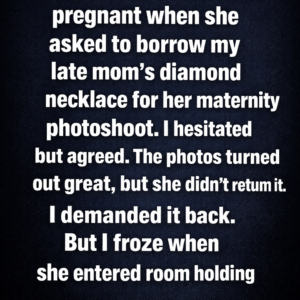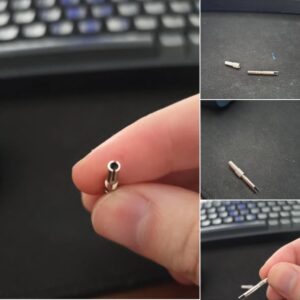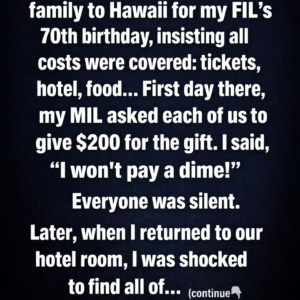Our family has always eaten meat, and it was just a normal part of our meals. About a year ago, my 17-year-old daughter, Lily, decided to go vegan. We respected her choice, and I always made sure to buy her plant-based ingredients and prepare separate meals for her when needed. I even cleared a specific area in the fridge for her labeled containers.
This past weekend, I meal-prepped several meat-based dishes for the week—chicken stir fry, beef stew, and pork. I put them in sealed containers on the same shelf as Lily’s food, just like we’d always done without issues.
The next morning, I went to grab lunch before work and noticed my containers were empty. Every single meat dish I had made was gone. In their place were sticky notes that read things like, “Meat is murder,” “Enjoy being cruelty-free,” and “You raised me to care about life—start acting like it.”
I confronted Lily, and she admitted she had thrown everything away because she said it made her uncomfortable seeing “dead animals” next to her food. She said she was “taking a stand” for what she believed in.
I told her I respected her lifestyle, but throwing away other people’s food was disrespectful and wasteful. I explained that being vegan didn’t give her the right to police other people’s choices or destroy food others worked and paid for. She argued at first, claiming she was doing the right thing, but I told her from now on she would be responsible for buying all her own vegan groceries and specialty items out of her own money. She also had to replace what she destroyed.
For a few days, she was angry and claimed we were punishing her for caring about animals. But once she realized how expensive her food was and how much she had cost us, she eventually apologized—not for being vegan, but for the way she handled it. We agreed to designate a completely separate shelf for her meals and to never throw away anyone’s food again.
Later, she left a small sticky note on the fridge saying, “Thanks for understanding me even when I mess up.” I left it there as a reminder that it’s okay to believe strongly in something, as long as you don’t hurt others in the process.





